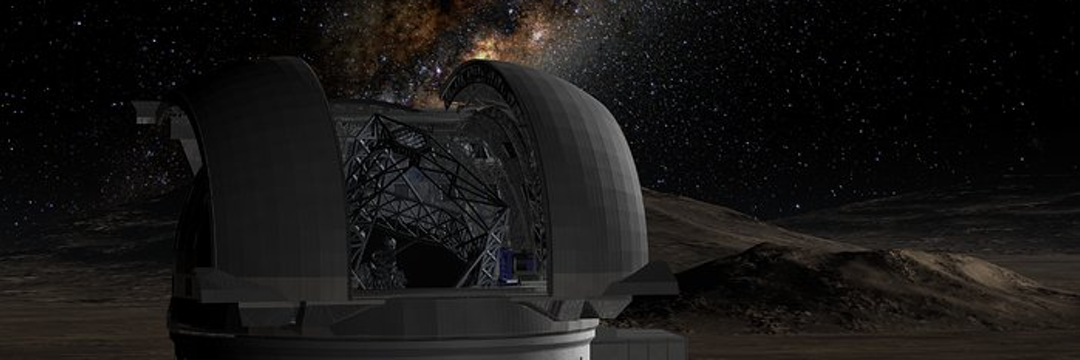
doi.org/10.48550/arXiv.2409.11420
Credibility: 888
#Universo
New research suggests that a hypothetical form of dark energy, called “holographic dark energy,” could stop the expansion of the universe, leading to a dark fate: a “long freeze” where everything just… slows down.
What This Means
In this scenario, the universe would keep expanding, but it would reach a maximum size and everything would become so cold that all activity would essentially stop.
Dark energy is a mysterious force that causes the universe to expand faster. It was discovered in the 1990s, but even after more than 20 years of research, it remains the biggest mystery in modern cosmology. Over the years, scientists have come up with intriguing ideas about what dark energy is and how it works.
Holographic Dark Energy:
One such idea is called “holographic dark energy.” According to this theory, gravity and space itself are just an illusion. Our universe would actually be two-dimensional (i.e., it would have only two dimensions), and exotic quantum forces on this two-dimensional surface would create the illusion of gravity and the structure of three-dimensional space that we see. This theory suggests a natural expansion of the universe, which would be what we call dark energy. Studying the Future of the Universe: While many researchers have studied models of holographic dark energy and ways to test them, two astrophysicists have examined what would happen to the universe in the future if it were truly governed by this energy. They published their results in the preprint database arXiv on September 30 (this research has not yet been peer-reviewed). Dark energy accounts for about 70% of the total energy in the cosmos. As the universe expands, the density of both ordinary matter and dark matter decreases, while more dark energy appears. To study the long-term fate of the universe, the researchers left matter aside and focused solely on the evolution of holographic dark energy. What They Found:
They found that, as expected, holographic dark energy will continue to expand the universe. But as time goes on, its influence will gradually diminish and the expansion will slow down. The expansion rate of the universe will slow to a near halt, causing it to reach a final size.
However, as the expansion of the universe slows, the density of holographic dark energy also decreases. And since the density of matter also decreases with the expansion, the universe begins to grind to a halt. The researchers call this scenario the “long freeze,” in contrast to other possible fates of the universe, such as the “Big Freeze” (where the accelerated expansion continues unabated) and the “Big Collapse” (where something causes the universe to contract back toward the Big Bang).
The “Long Freeze” Is Not Good News:
Although the expansion of the universe will eventually stop, there will be no new sources of energy for the matter in it. This means that eventually all the stars will burn out and disintegrate, and all the subatomic particles will drift apart in the cold.
Unfortunately, even in the most exotic theories, cosmologists cannot find a way to give the universe a happy ending.
Publicado em 10/27/2024 23h01
Artigo original:
Estudo original:


